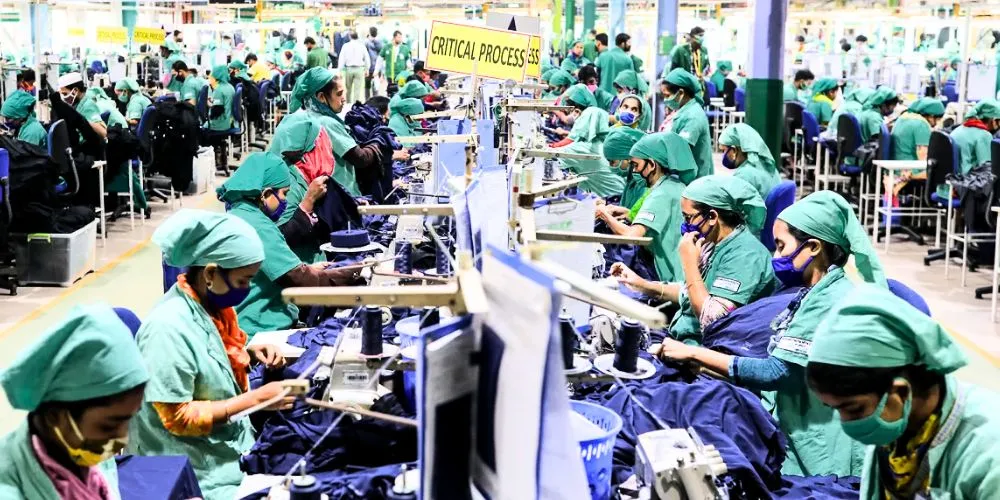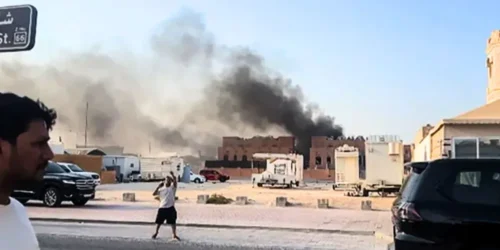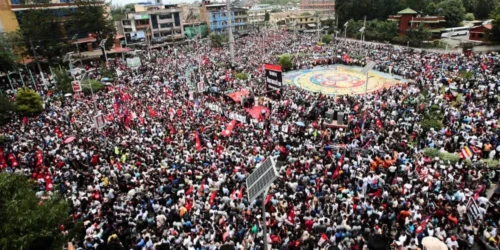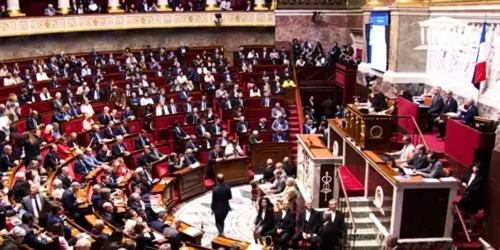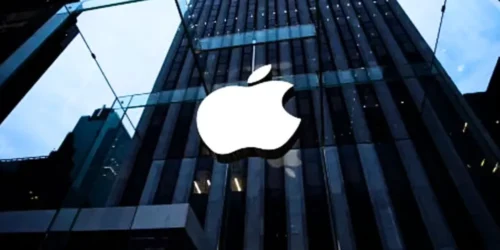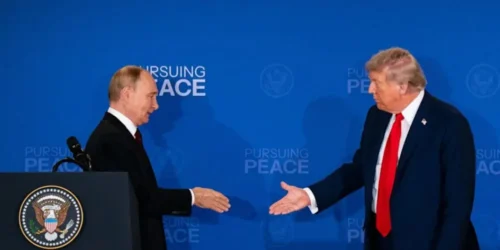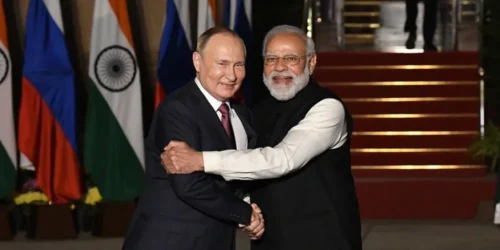A wave of fear is sweeping through Bangladesh’s garment industry as workers face the threat of mass job losses following U.S. President Donald Trump’s announcement of a 35% tariff on imports from the country. This levy targets the nation’s economic lifeline. The readymade garments sector accounts for over 80% of exports and employs four million people.
The tariff, set to take effect on August 1, will make Bangladeshi apparel more expensive than products from competitors like Vietnam, which faces a lower 20% tariff. In response, major global brands are already hitting the pause button. Suppliers report that clients, such as Gap and VF Corp, are adopting a “wait-and-see” approach, placing very few new orders.
For millions of workers like Raimoni Bala, a 32-year-old sewing machine operator, this high-level trade dispute translates into a daily, gut-wrenching anxiety. “For the past few months, everyone has been talking about cuts,” she said. “Whenever anyone visits the factory, my chest aches. I feel like they’ve come to tell me I’ve lost my job.”
Her fear is echoed across factory floors. These workers, mostly women, see their livelihoods hanging by a thread. For Raimoni, her modest salary is all that stands between her family and hunger, and it is the only thing that keeps her two sons in school. “As long as I have this job, my sons can dream,” she said. “Without it, I don’t know what will happen to us.”

